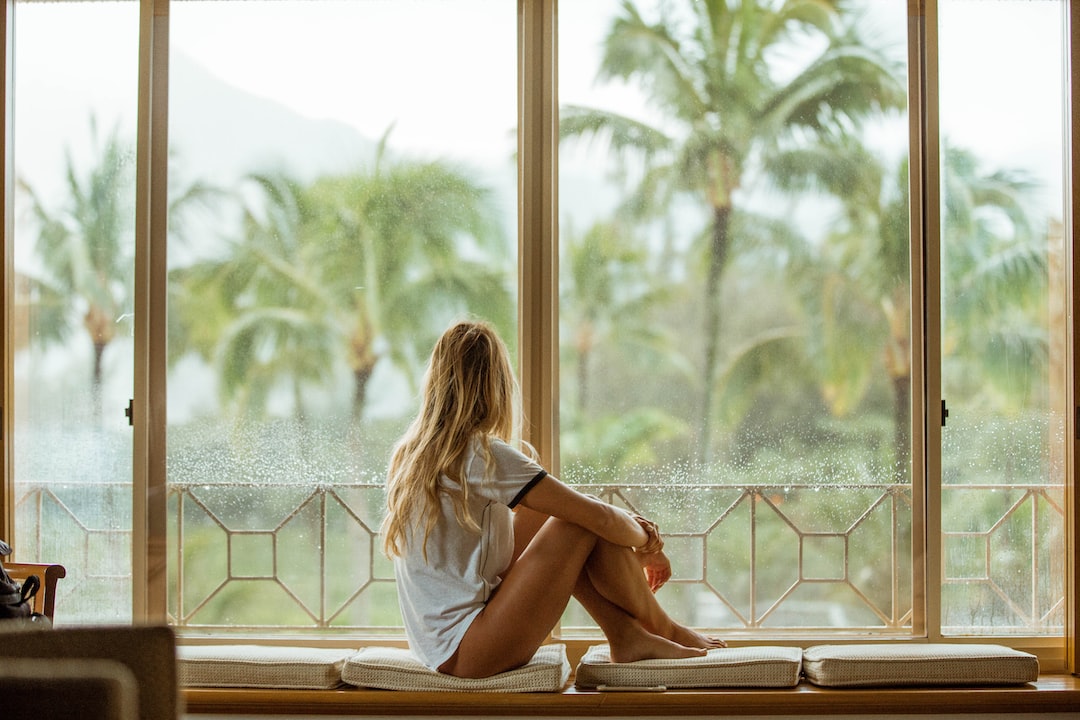Exploring Different Types of Yoga: Which Style Suits You Best?
Yoga is a timeless practice that has been revered for centuries for its ability to promote physical and mental well-being. With numerous styles and variations, it can be overwhelming to select the type of yoga that suits your needs and preferences. From the dynamic and intense to the more gentle and meditative, there is a yoga style for everyone. In this blog post, we will explore different types of yoga and help you find the style that resonates with you the most.
1. Hatha Yoga: The Foundation
Hatha yoga is considered the foundation of all yoga styles. It focuses on the physical postures (asanas) and breathing techniques (pranayama). Hatha classes are typically slower-paced, with an emphasis on holding poses and deep stretches. If you prefer a gentle and meditative practice, Hatha yoga might be the right fit for you.
2. Vinyasa Yoga: Flowing with Breath
If you enjoy a more dynamic and energetic practice, Vinyasa yoga might be your style. Vinyasa, which means “to place in a special way,” focuses on seamlessly transitioning between poses, synchronized with the breath. This yoga style is known for its fluidity and creativity, often incorporating music and challenging sequences. Vinyasa is an excellent choice for those seeking a physically intense and constantly evolving practice.
3. Ashtanga Yoga: Traditional and Rigid
Derived from the ancient teachings of Patanjali, Ashtanga yoga is a physically demanding and structured practice. It involves a series of predefined poses, linked together through a synchronized breath. Ashtanga classes follow a specific sequence and progression, allowing practitioners to gradually build strength, flexibility, and focus. If you crave discipline and a set routine, Ashtanga yoga might be the perfect fit.
4. Bikram Yoga: The Heat is on
Bikram yoga has gained popularity due to its unique characteristic – practicing in a room heated to 105 degrees Fahrenheit (40 degrees Celsius). Developed by Bikram Choudhury, this style consists of a fixed sequence of 26 poses and two breathing exercises. The heat aims to help practitioners deepen their stretches, detoxify their bodies, and improve circulation. If you thrive in intense and challenging environments, Bikram yoga might be worth a try.
5. Yin Yoga: Stillness and Surrender
Yin yoga is a slow-paced and contemplative style that focuses on deep stretching and holding poses for an extended period. By targeting the connective tissues and joints, Yin yoga invites relaxation and mindfulness. This practice is suitable for those seeking deep release and restoration. If you want to slow down and cultivate inner tranquility, Yin yoga might be the choice for you.
6. Kundalini Yoga: Awakening the Energy Within
Kundalini yoga combines dynamic movements, breathwork, meditation, and chanting to awaken the dormant spiritual energy believed to reside at the base of the spine. This practice aims to move beyond physical benefits and access higher levels of consciousness. Kundalini yoga can be intense and transformative, making it ideal for those seeking a holistic approach to well-being.
7. Iyengar Yoga: Attention to Detail
Iyengar yoga emphasizes precision and alignment in each pose. With the use of props like blocks, straps, and blankets, practitioners are able to modify poses to suit their body’s needs. This style promotes strength, flexibility, and concentration. If you prefer a yoga practice that emphasizes proper alignment and detailed instruction, Iyengar yoga might be a great fit.
Ultimately, the choice of yoga style is a personal one. It is essential to experiment with different styles to find the one that resonates with you the most. You may even discover a hybrid practice that combines elements from various styles. Remember that yoga is not solely about achieving physical prowess; it is about finding balance, connecting with oneself, and cultivating inner peace. So explore, experiment, and embark on a yoga journey that suits you best. Namaste!


